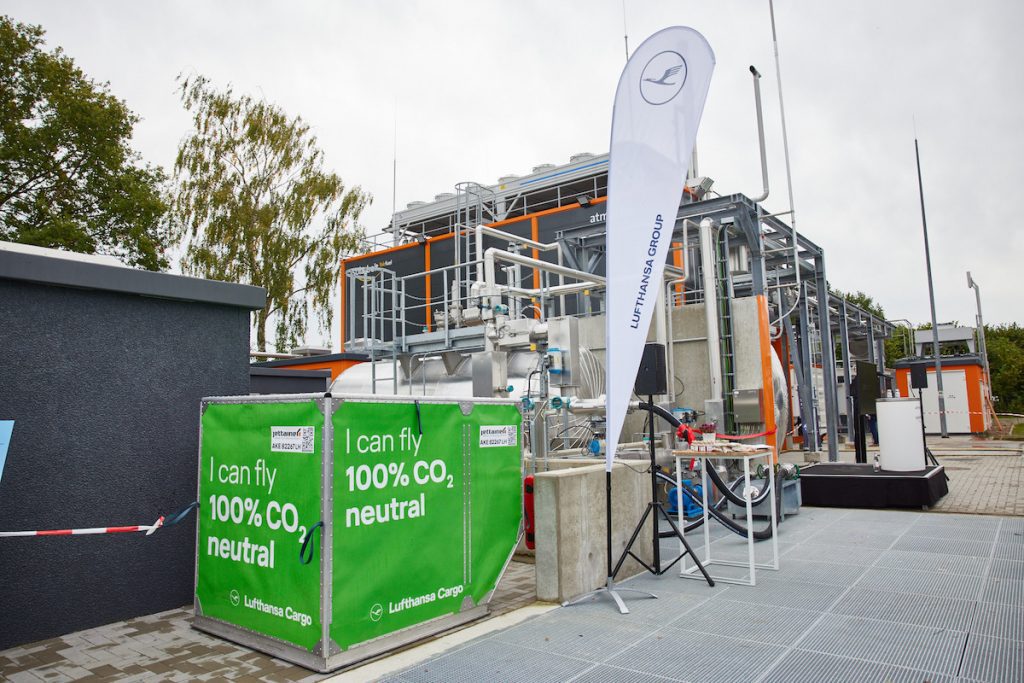Just when travelers thought that travel disruptions seen earlier this year may be easing, in May 2023 the European Union plans to introduce new fingerprint and biometric checks at external borders for third-country nationals that could lead to significantly longer wait times.
Just in time for the the peak summer travel season in 2023, the European Union’s new Entry-Exit System could add up to two minutes per individual for border processing if things go smoothly, according to some estimates, and there could be additional delays if further action is warranted

Various European countries, and the UK said delays could increase two-fold, four-fold, and even seven-fold, as detailed in a story from the Independent.
The UK, which left the European Union on January 31, 2020 under its Brexit policy, will see its citizens face these elongated border checks at the port of Dover, Kent’s Eurotunnel terminal, and at a Eurostar rail hub, St. Pancras International, in London.
The Independent cited port of Dover CEO Doug Bannister estimating last month that UK motorists heading for Europe could see processing times expand by seven.
The European Union said it is making these move to enhance security in entries and exits by third-country nationals.
Contrary to estimates from Poland, Croatia, Finland, and the UK, The European Union said the new system would be hassle free, and end up saving travelers time.
To be determined, however.
